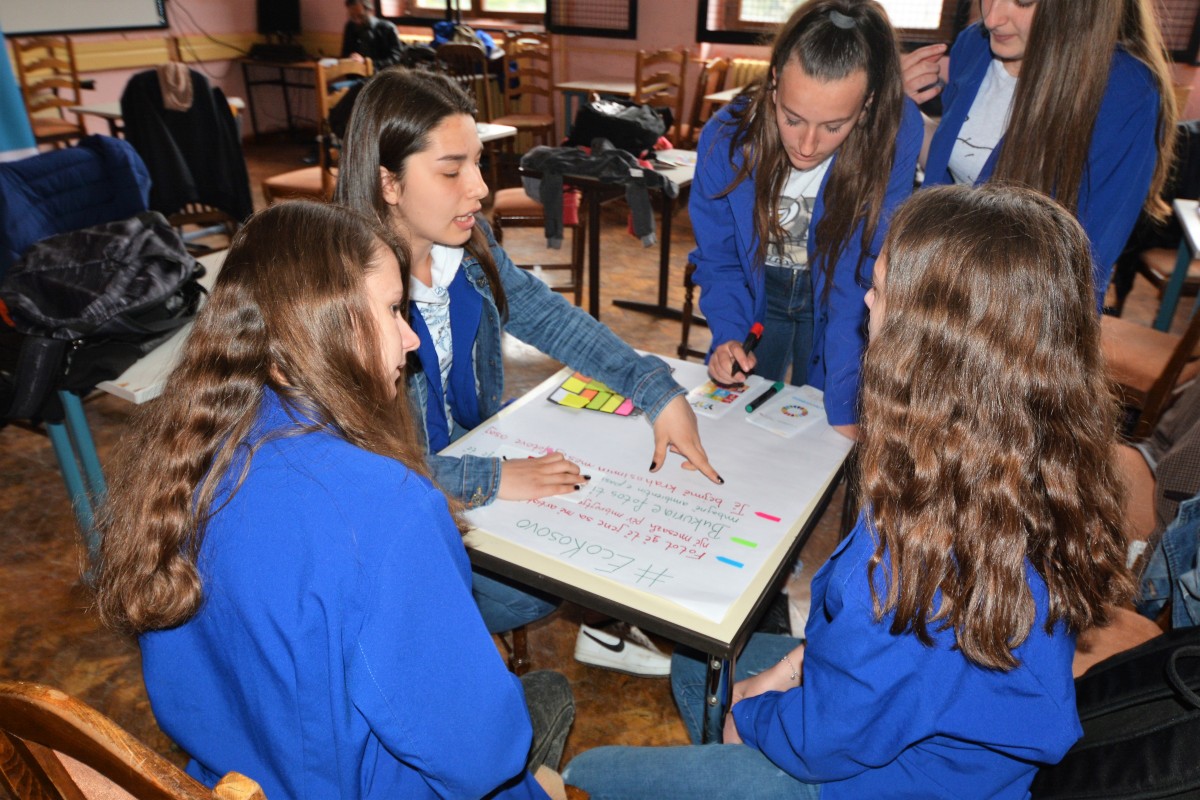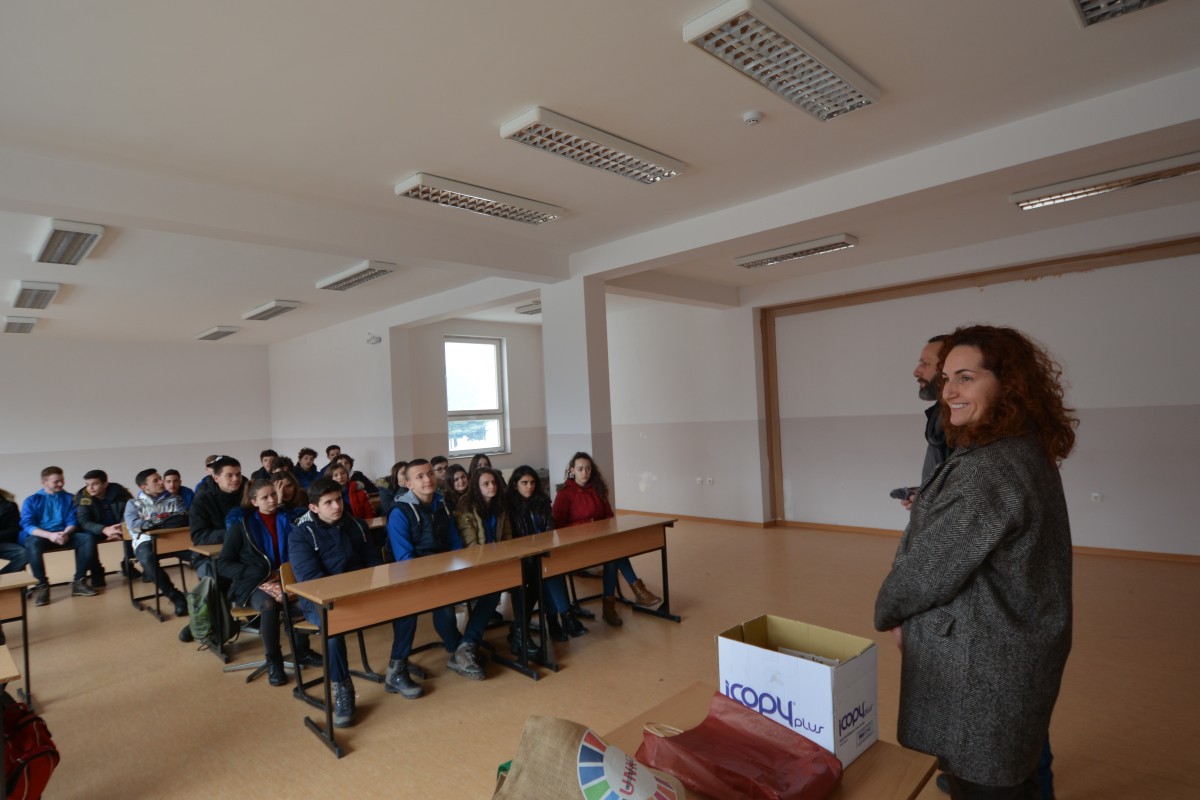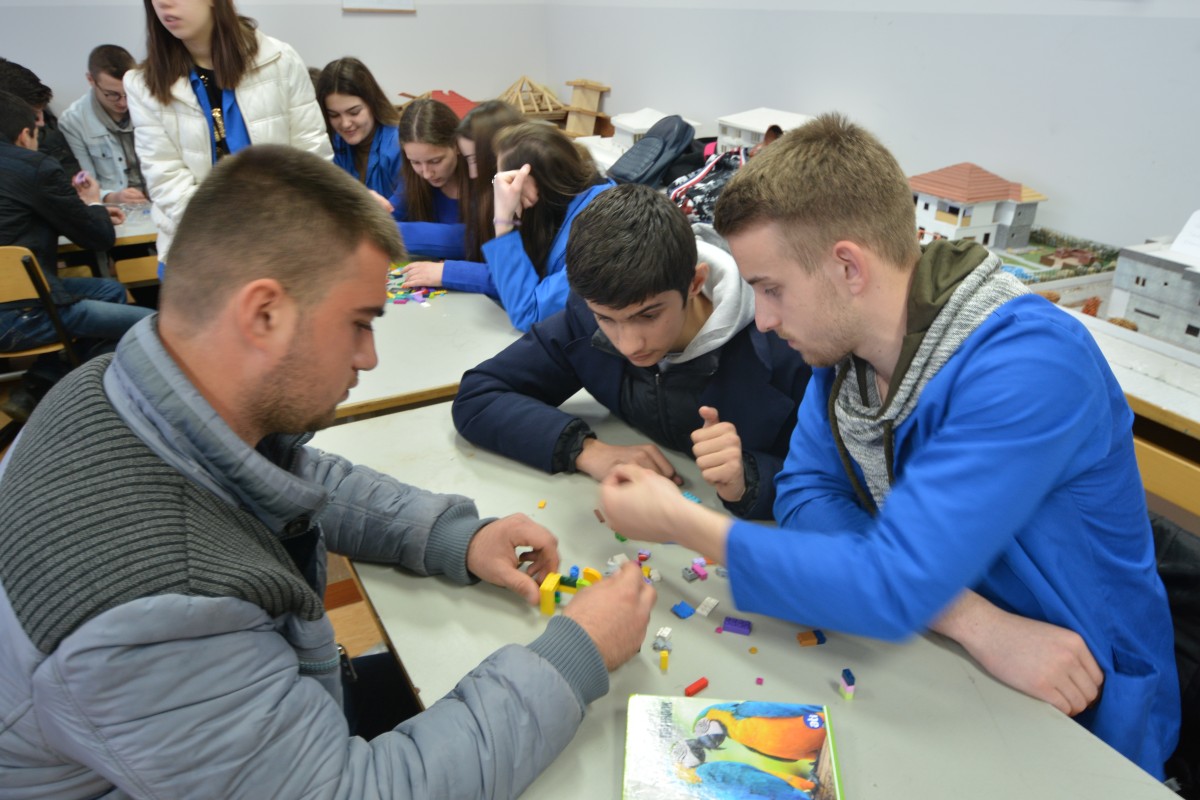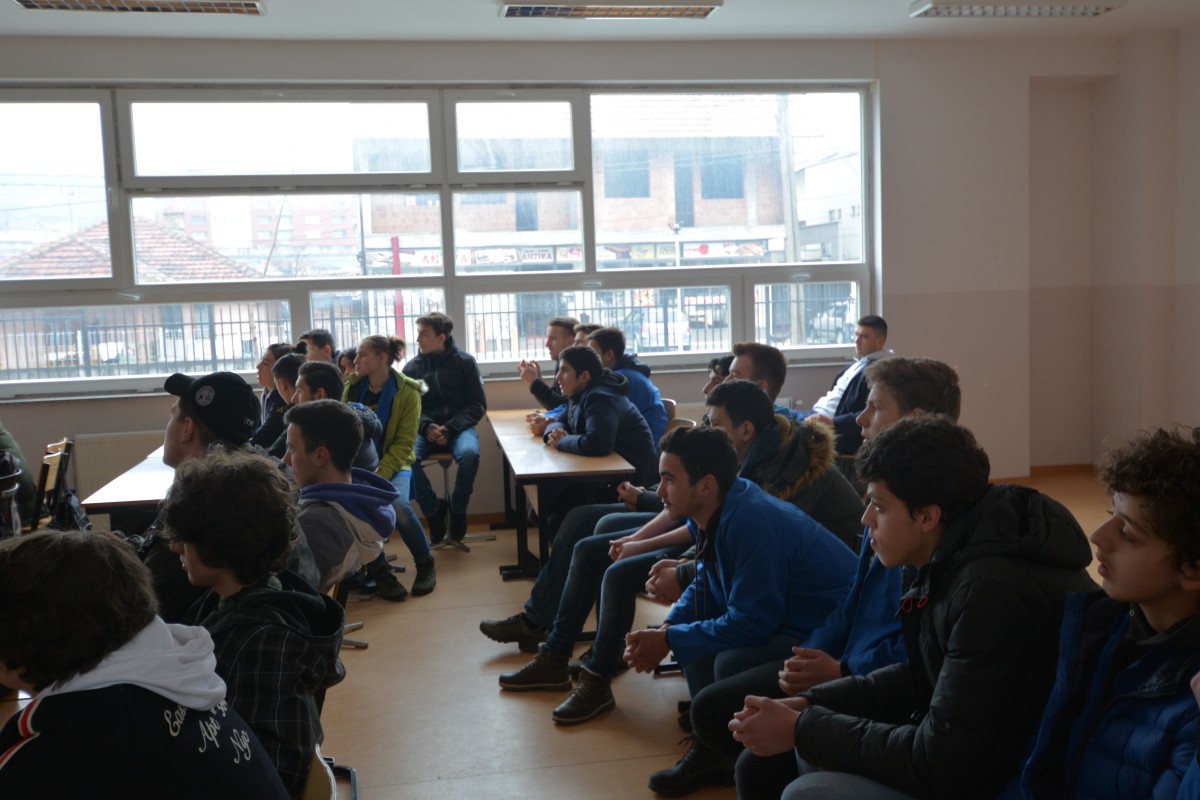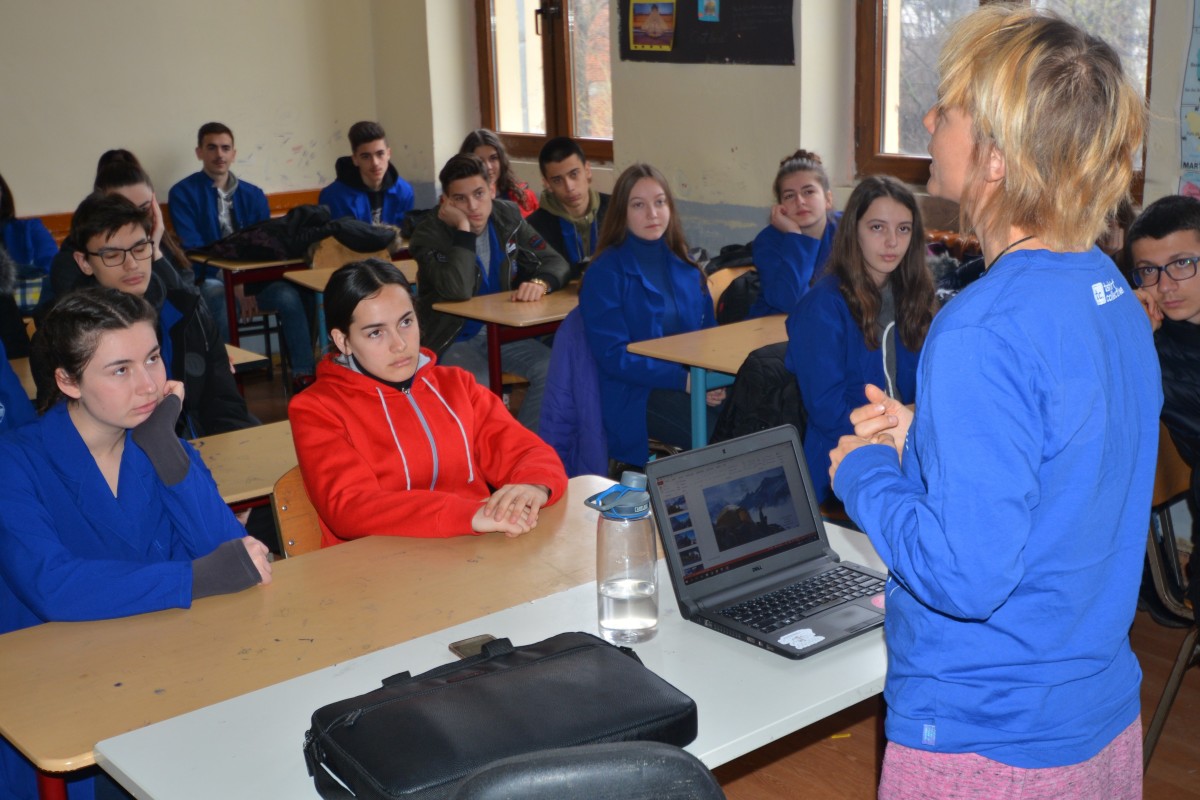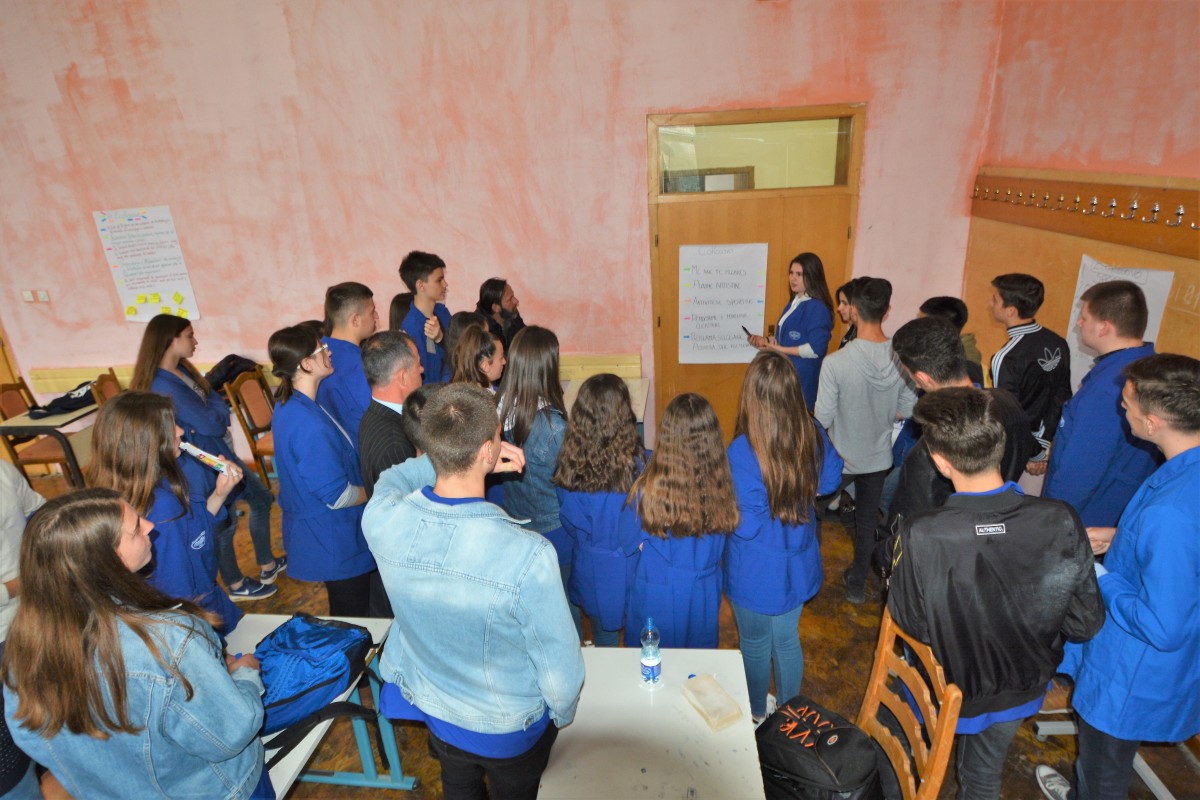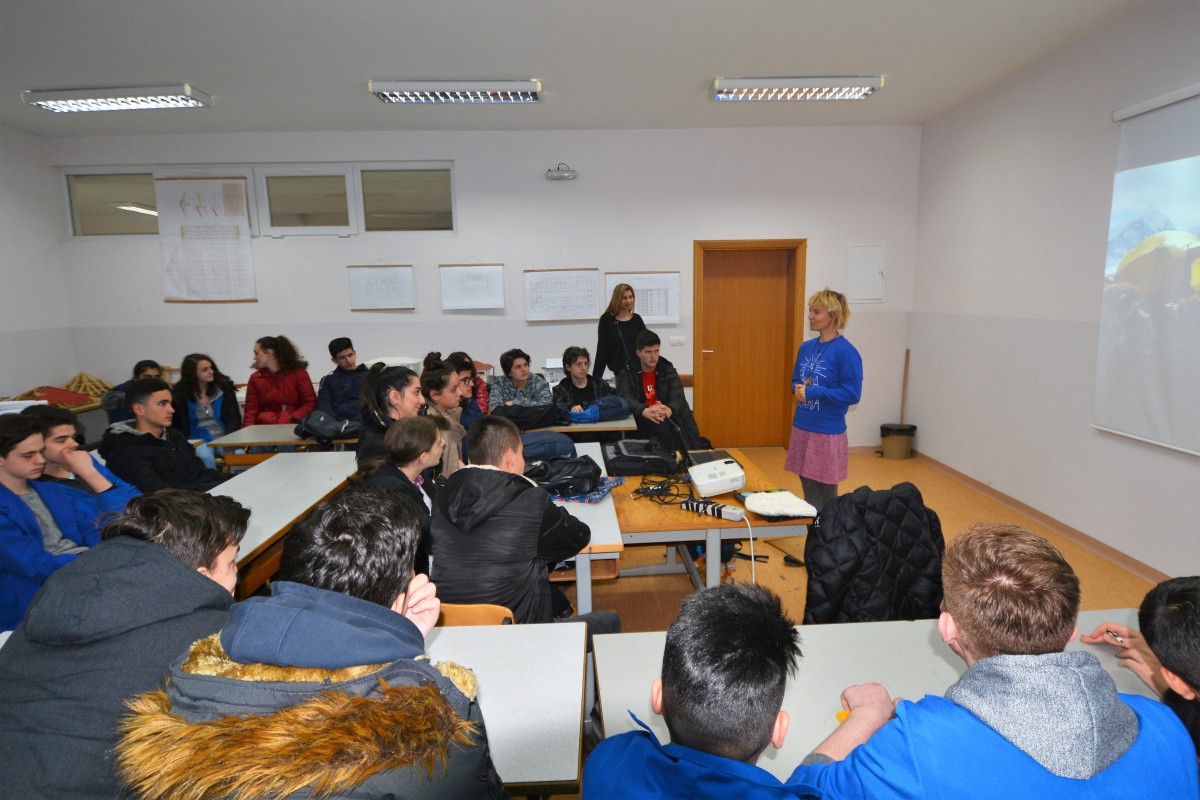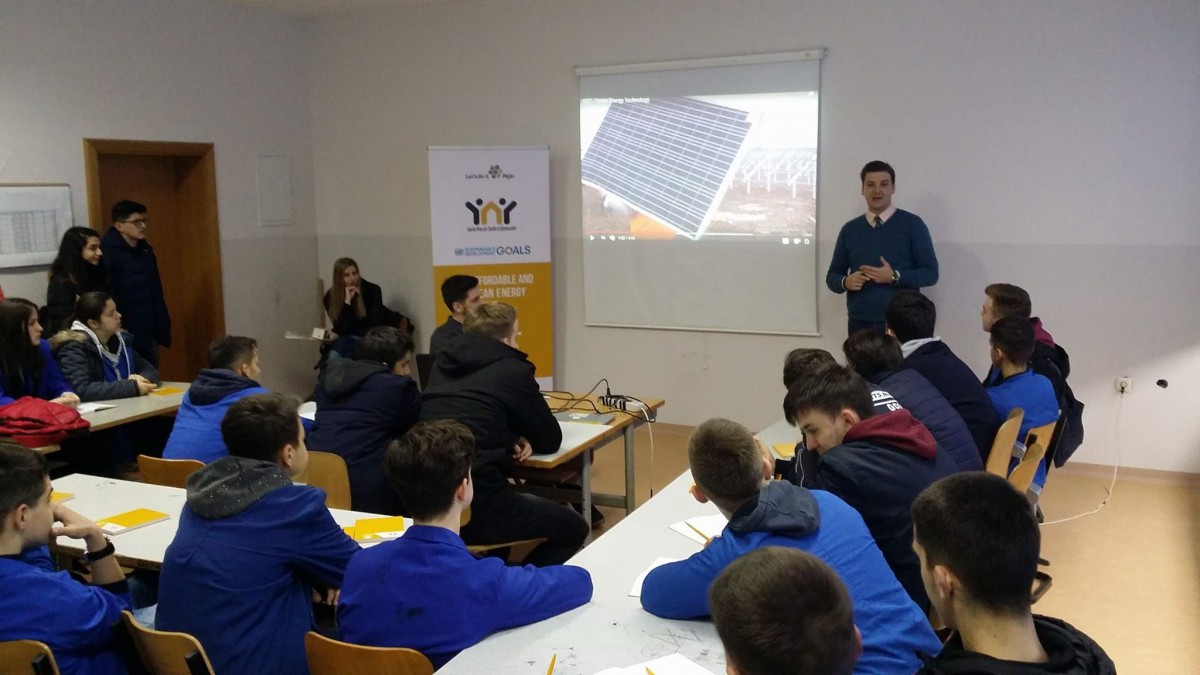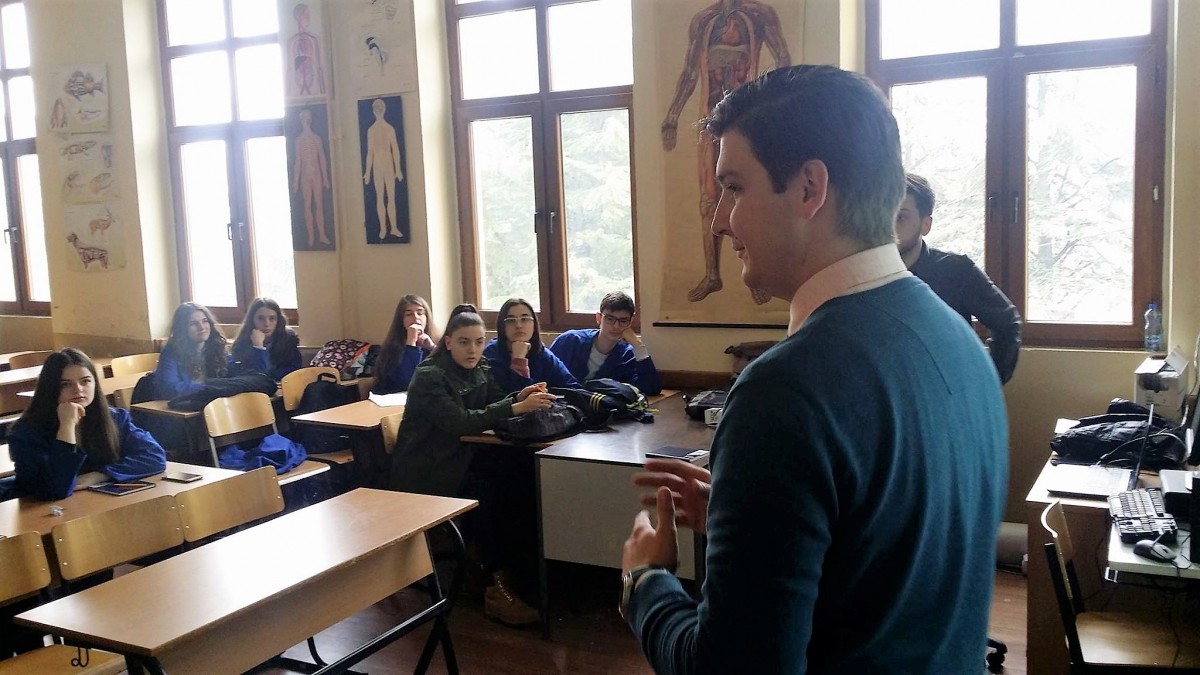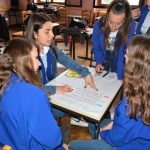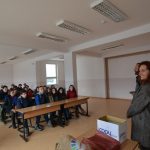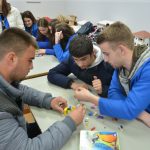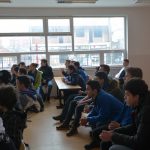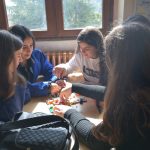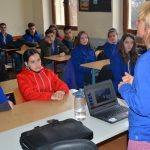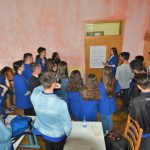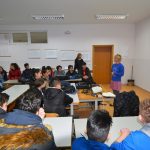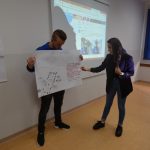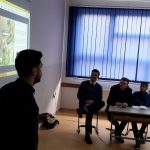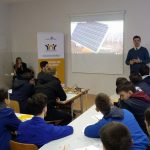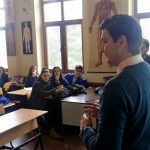Youth Action for Sustainable Development
![]()
![]()
Let’s Do It Peja[1] requested from REC (Regional Environmental Center, office in Prishtina, Kosovo) to support the implementation of “Youth Action for Sustainable Development” project. The program “SEEDLING” is financially supported by ADA (Austrian Cooperation Agency) to promote the Sustainable Development Goals (SDGs) in schools of Southeastern European. After all, by the time SDGs are achieved in the year 2030, most of the current students will be in their early professional carriers and will be dealing with SDG results. The project began in February and will continue until the end of June 2018 in support of the SDGs.
According to the UN, “Youth comprise nearly 30% of the world’s population.” In Kosovo over 70% of the population is under 35. Therefore, the inclusion of youth is of paramount importance in any and every agenda, especially in SDGs. Youth in Kosovo lack information about the sustainable development and what, if anything, they can do to protect natural resources.
Water quality is at risk due to pollution and illegal dumping. Coal and fossil fuels are the primary energy source with few clean energy options.
Let’s do it Peja decided to work with 80 students from the local high school and technical vocational school with the focus on SDG#6 – Clean Water & Sanitation and SDG#7 – Affordable & Clean Energy. Students will receive eight weeks of educational presentations on the basic principles of SDGs from including indicators and achievement of the targets by 2030. They will also participate in study visits to provide hands-on experiences in sustainable development issues
During the interactive educational presentations, students are learning from engaged experts who are providing combined approach two non-traditional classroom presentations with practical fieldwork. Students will further apply a peer-to-peer concept where students of one school will teach in another school and vice-versa. Moreover, SDGs and project results will be presented to the parents and the broader community in the closing activity that will also include media coverage.
Thus far, students have seen classroom presentations on SDGs by Nora Loxha-Sahatçiu and Shpend Qamili from UN Development Coordination Office, Visar Kelmendi with Green Energy Technologies a private company that mainly deals with renewable solutions and Uta Ibrahimi a mountain climber who actively promotes gender equality and environmental protection. Uta was also the first Albanian Kosovar woman to climb Mount Everest, and she is continuing to cling all 14 highest peaks in the world in the next six years to become the 4th woman to do so.
Following the classroom presentations, one group of students will participate in the study to the hydropower plant in Radac Village, the coal power plant in Obliq, and a solar panel manufacturing plant. Let’s Do It Peja will also facilitate a meeting between students and the NGO Balkan Green Foundation / KOSID to discuss health risks for communities living near the coal-fired power plant while also discussing the pros and cons of coal, solar power, wind power and biomass generated energy.
The second group of students will conduct water quality analyzes from the source of Drini River, throughout river flow at Ura e Fshajte location near Albania. The project team will lead the activity in cooperation with experts from Kosovo Hydro-Meteorological Institute and teachers of the respective schools.
After completing the workshops and field activities, students will participate in peer-to-peer teaching with their fellow students. This will encourage the sharing of experiences and lessons learned among all students. These presentations will take place before to the end of the school year (May/June 2018) where students will be encouraged to invite their families to share their experiences advocating for SDGs.
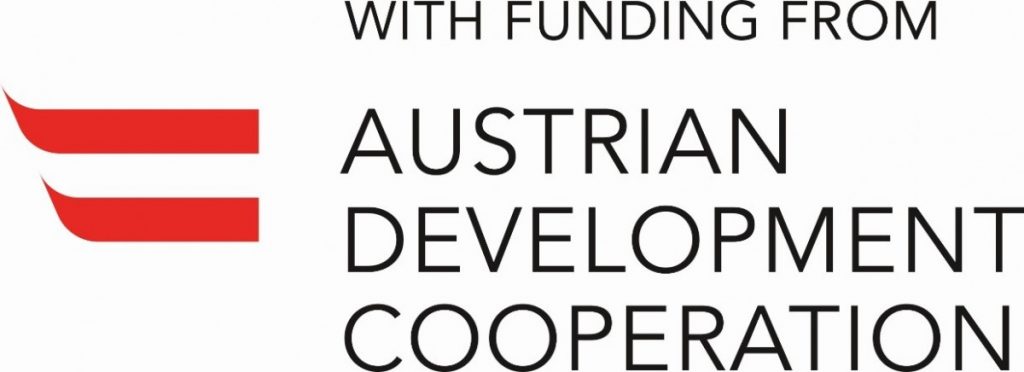
[1] Let’s Do It Peja is an local NGO, registered in the municipality of Peja/Peć
The blog is written by Let’s Do It Peja. Opinions expressed in this publication do not necessarily represent the opinions of REC and donor ADA, or UN and any of the related agencies
 Search
Search

